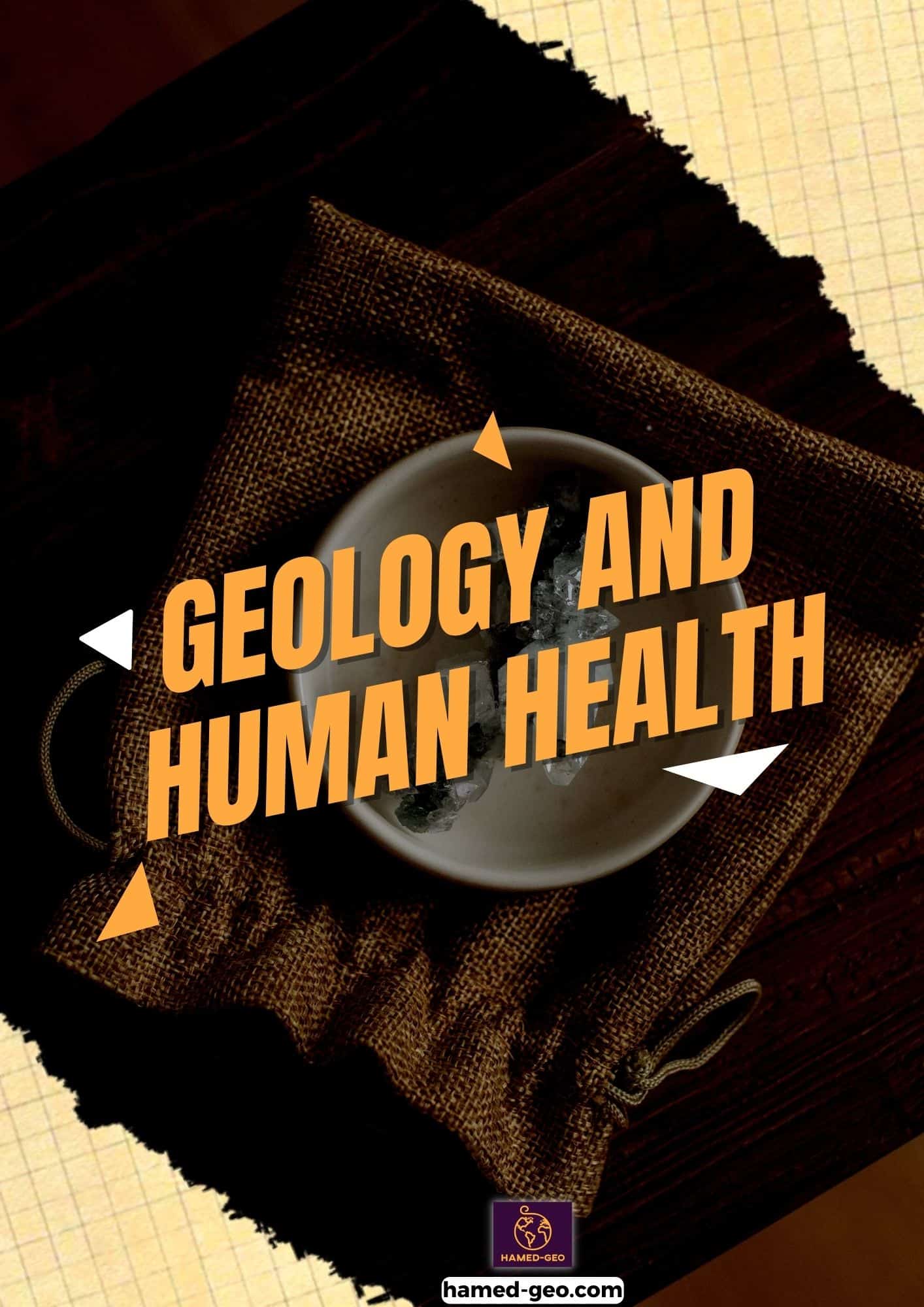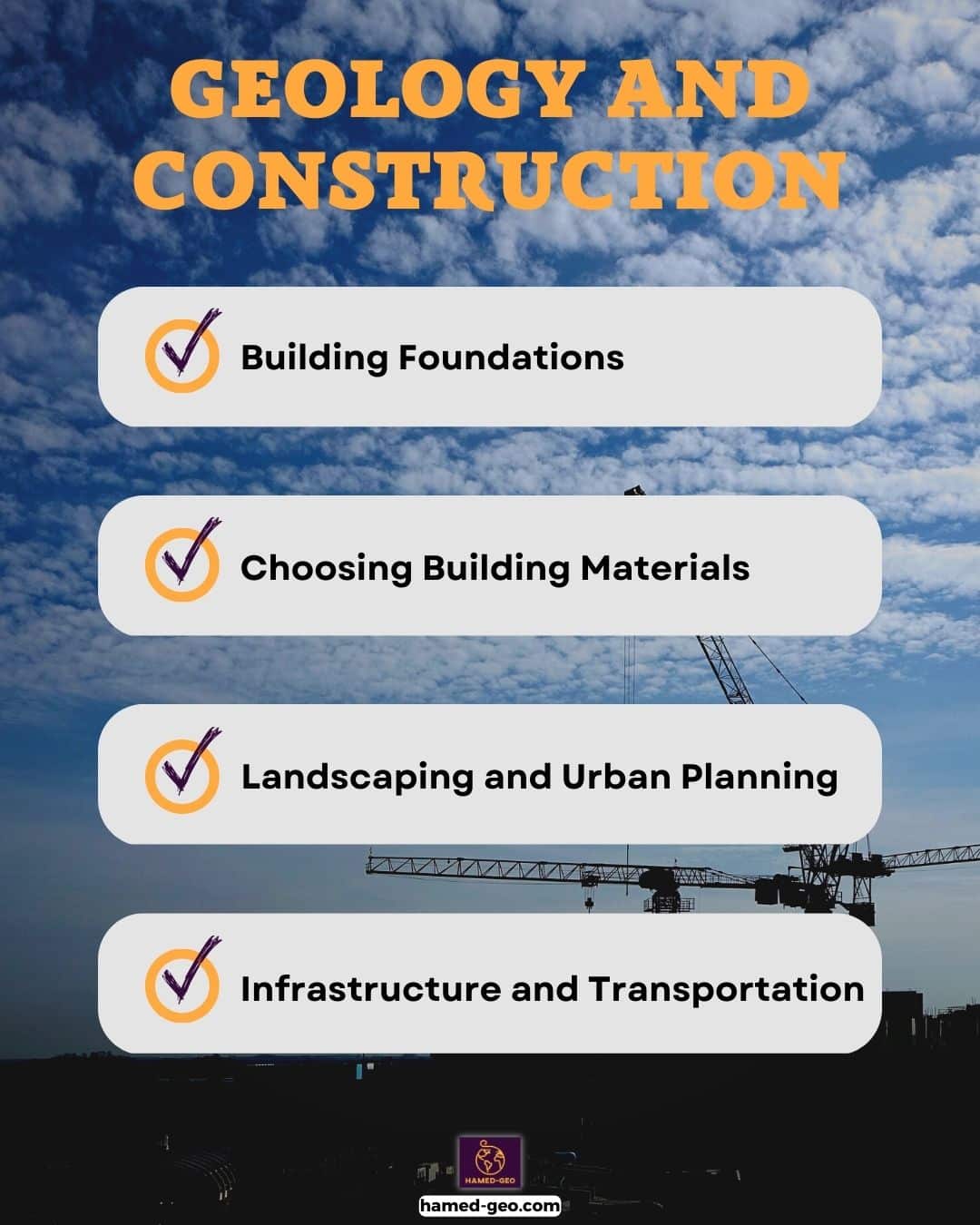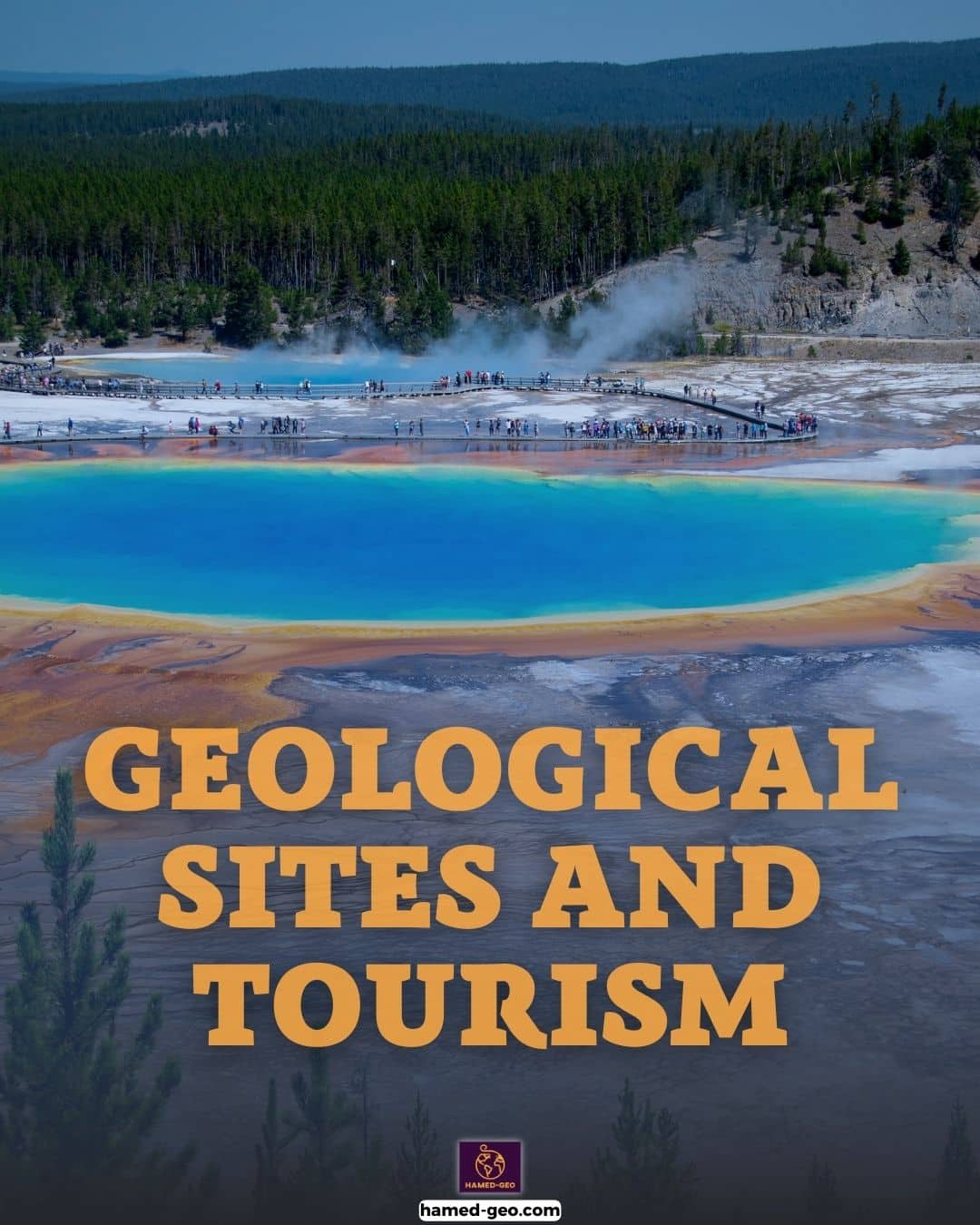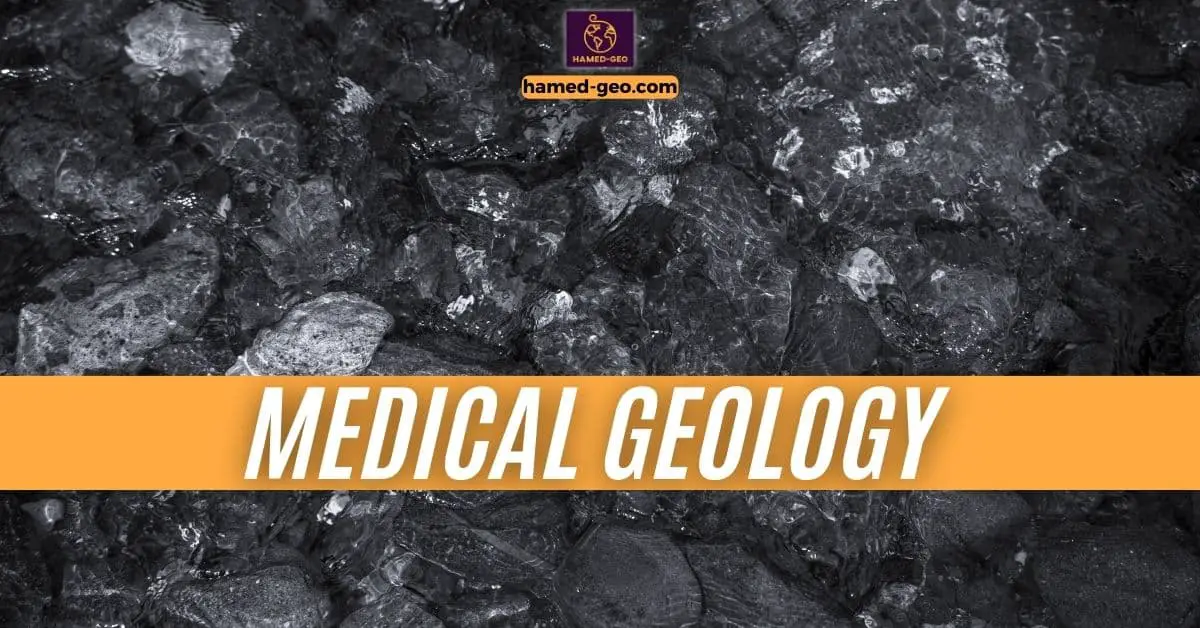Welcome to this blog post that will discuss how geology affects our everyday lives. Have you ever wondered how the earth’s physical structure and processes impact our daily routines? Geology, the study of the earth’s physical structure, its history, and the processes that act on it, plays a significant role in shaping our world and our daily lives. In this post, we will provide a general overview of the geology and explain why it’s important to our daily lives.
What is Geology?
Geology is the scientific study of the earth’s physical structure, its history, and the processes that act on it. Geologists study rocks, minerals, fossils, and the processes that shape the earth’s surface. They also study the earth’s interior, including its core, mantle, and crust, and the ways in which the earth’s tectonic plates move and interact with one another. Through their research, geologists can understand how the earth has changed over time and predict future changes.
Why is Geology Important to Our Daily Lives?
Geology is important to our daily lives for many reasons. Here are a few examples:
1- Natural Resources: Many of the products we use every day come from natural resources that are extracted from the earth, such as coal, oil, and natural gas. Geologists play a crucial role in locating and extracting these resources.
2- Construction: The building materials we use, such as concrete, asphalt, and bricks, are made from rocks and minerals that are sourced from the earth. Geology is essential in ensuring that the materials used in construction are strong, durable, and safe.
3- Environment: Geology impacts our environment in many ways, from the weather patterns we experience to the occurrence of natural disasters like earthquakes and landslides. Understanding geology helps us prepare for and mitigate the effects of these natural events.
4- Health: The minerals and rocks that make up the earth’s crust have been used for centuries for medicinal purposes. Geology plays a significant role in identifying and studying the benefits of these minerals and rocks.
Stay tuned for the rest of this blog post, where we will explore the ways in which geology affects our environment, health, construction, and culture.
Geology and the Environment
Geology plays a crucial role in shaping our natural surroundings and impacting the environment in various ways. In this section, we will explore the relationship between geology and the environment and how it affects our daily lives.
Weather Patterns
Geology has a significant impact on weather patterns. Weather patterns are shaped by the earth’s atmosphere, which is influenced by the earth’s physical structure and processes. For example, the location of mountains and oceans affects the circulation of air and water around the planet, affecting weather patterns. Geologists study these patterns to understand the causes of natural disasters like hurricanes, tornadoes, and floods.
Natural Disasters
Natural disasters like earthquakes, landslides, and volcanic eruptions are also influenced by geology. These events occur when the earth’s tectonic plates move and interact with one another. Geologists study these events to understand how they occur and how they can be predicted and prevented. By studying geological structures and monitoring activity, geologists can provide early warnings and help mitigate the effects of natural disasters.
Extraction of Natural Resources
Geology is essential in locating and extracting natural resources such as coal, oil, and natural gas. Geologists use their knowledge of the earth’s physical structure and process to identify areas that are rich in natural resources. They also study the environmental impact of extracting these resources and develop methods to mitigate these effects.
In the next section of this blog post, we will explore how geology impacts construction and engineering, and how it shapes our built environment.
Geology and Human Health

Geology not only shapes our natural surroundings and the environment, but it also plays a significant role in our health. In this section, we will explore the relationship between geology and human health, and how geological factors can impact our well-being.
Geological Factors and Health
Geological factors such as soil and water quality can have a significant impact on human health. Poor soil quality can lead to nutrient deficiencies in crops and cause health problems in people who consume them. Similarly, contaminated water sources can lead to the spread of waterborne diseases. Geologists work with public health officials to identify and address geological factors that can impact human health.
Mineral and Rock Products
Mineral and rock products such as vitamins and supplements can have significant health benefits. For example, calcium and magnesium are essential minerals for bone health, and these minerals are commonly found in rocks and minerals. Similarly, many vitamins and minerals are extracted from mineral and rock products and used in supplements to promote health and wellbeing.
Geology and Medical Research
Geology also plays a role in medical research. Minerals and rocks are used in a variety of medical procedures, from X-rays to radiation therapy. Geologists study these minerals and rocks to understand their properties and how they can be used in medical research. Understanding the geological properties of these minerals and rocks can lead to the development of new medical treatments and technologies.
In the next section of this blog post, we will explore how geology impacts the economy and our daily lives.
Geology and Construction

Geology is a crucial factor in construction and building. Understanding the physical properties of the earth is essential for choosing the right building materials, designing foundations, and planning infrastructure. In this section, we will explore the importance of geology in construction and how it affects our built environment.
Building Foundations
Geology plays a critical role in building foundations. The type of soil and rock formations in an area can significantly impact the stability of a building’s foundation. For example, buildings constructed on soft or loose soils are at risk of sinking or settling, leading to structural damage. Geologists work with construction engineers to identify and assess the geological properties of the soil and rock formations to ensure a stable foundation.
Choosing Building Materials
Geology also plays a crucial role in choosing the right building materials. Many building materials are derived from rocks and minerals, and their physical properties can vary depending on their geological origin. For example, granite is a durable building material that is commonly used for countertops and flooring. Limestone, on the other hand, is a more porous material that is prone to weathering and erosion. Geologists work with architects and builders to identify the best building materials for a project based on their geological properties.
Landscaping and Urban Planning
Geology also affects landscaping and urban planning. The geological properties of an area can impact the type of vegetation that can grow in the area and the stability of the terrain. For example, areas with loose or rocky soil may require additional stabilization measures to support landscaping features like retaining walls or terraces. Geologists work with landscapers and urban planners to identify geological hazards and assess the suitability of a site for landscaping and urban development.
Infrastructure and Transportation
Geology also plays a crucial role in infrastructure and transportation. Roads, bridges, and other transportation infrastructure must be designed to withstand the natural forces that act on them, such as erosion and earthquakes. Geologists work with engineers to identify the geological hazards in an area and design infrastructure to withstand these forces.
Geology and Culture
Geology has played a significant role in shaping cultural traditions and practices around the world. From geological landmarks that attract tourists to the use of geological symbols in cultural practices and folklore, geology has left an indelible mark on human history. In this section, we will explore the relationship between geology and culture.
Geological Sites and Tourism

Geological landmarks like mountains, canyons, and waterfalls have always been a draw for tourists. Many of the world’s most famous tourist destinations are geological sites, such as the Grand Canyon, Niagara Falls, and Mount Everest. These sites not only attract visitors for their stunning natural beauty but also for their geological significance. Tourists come to learn about the geological processes that shaped these sites and the history of the earth that they represent.
Geological Symbols and Folklore
Geological symbols and folklore have also been integrated into cultures around the world. For example, in many Native American cultures, rock formations are believed to have spiritual significance, and certain rocks are considered sacred. In Hinduism, the Himalayan Mountains are believed to be the abode of the gods, and the rocks and minerals found there are believed to have healing properties.
In Celtic folklore, standing stones and rock formations were believed to be the dwellings of faeries and other mythical creatures. Many ancient cultures believed that specific rocks and minerals had magical properties and used them in rituals and ceremonies. Even today, many people use gemstones and crystals for their supposed healing properties.
Geology and Architecture
Geology has also influenced architectural styles and techniques. In many parts of the world, building materials like stone and adobe were used because they were readily available and durable. The geological properties of an area often dictated the type of building materials that were used. For example, in areas with soft or porous rock formations, builders often used adobe or clay bricks, while in areas with harder, more durable rocks, like granite or limestone, builders used those materials.
In conclusion, we encourage you to explore further the topic of geology and its impact on our daily lives. Whether through personal interest or professional pursuit, the study of geology can provide insight into the world around us. Geology is a fascinating subject that has far-reaching implications, and its importance cannot be overstated.



